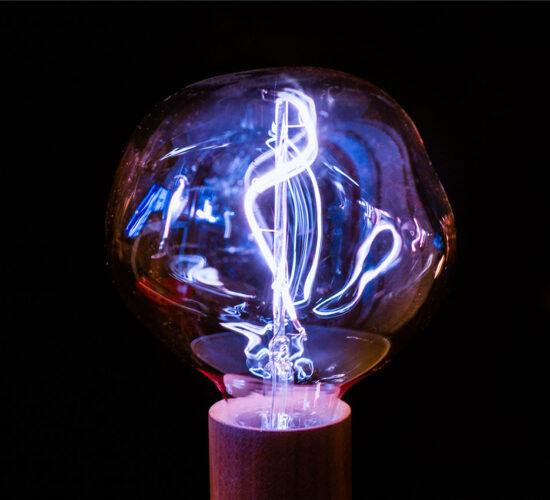
If you require any further information about the curriculum we are following in this subject, please contact the Head of Department.
Students follow a bespoke programme aligned with the National Curriculum which enables them to develop investigative approaches to Science and nurture a thirst for knowledge.
Students complete a range of topics that draw from all three Sciences – Biology, Chemistry and Physics – which provide the foundations they need to make excellent progress at KS4. The focus of every lesson will be one or more of the science skill sets highlighted on the Science Learning Ladder (knowledge, experimental, analysis, math, literacy).